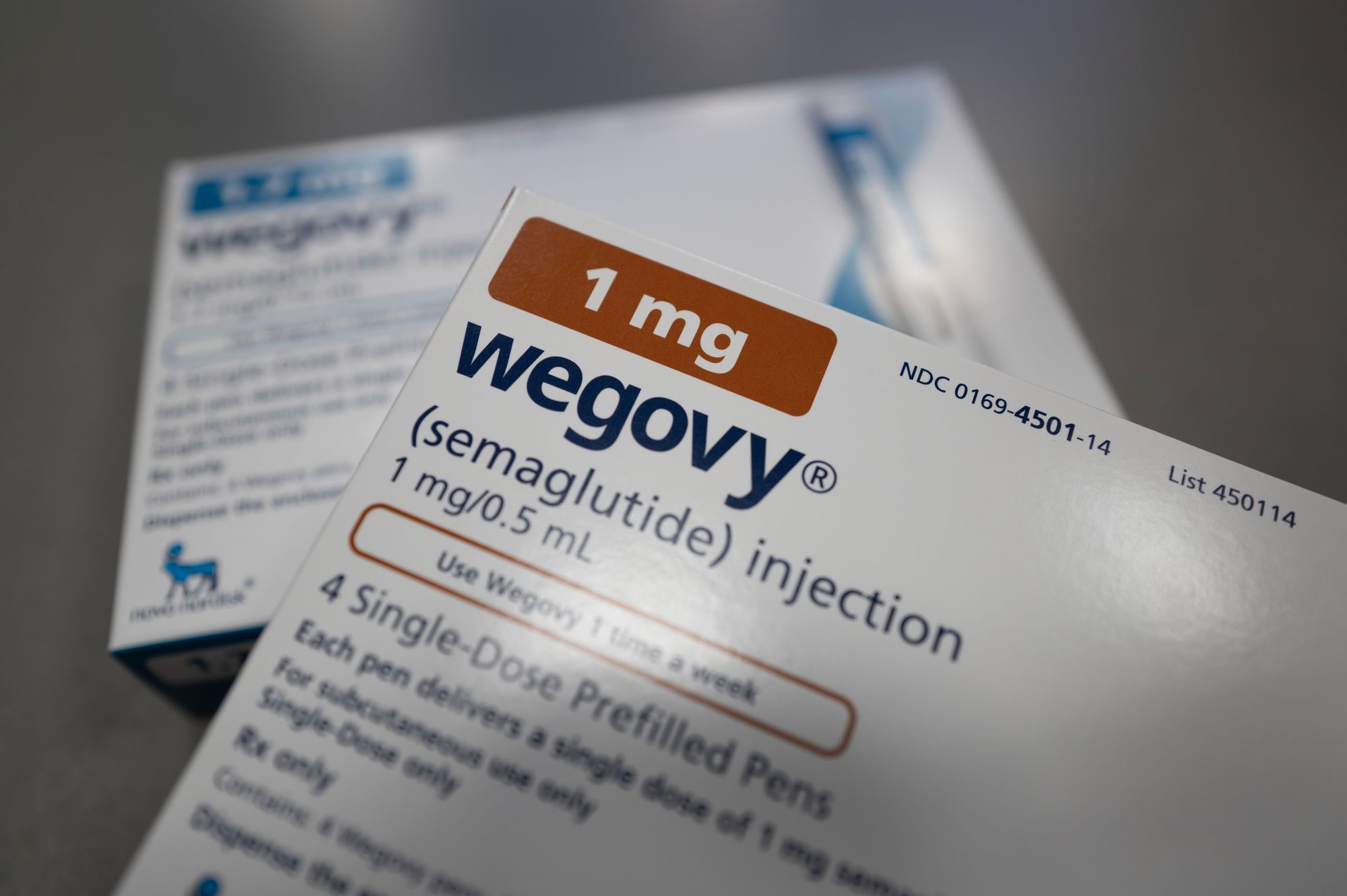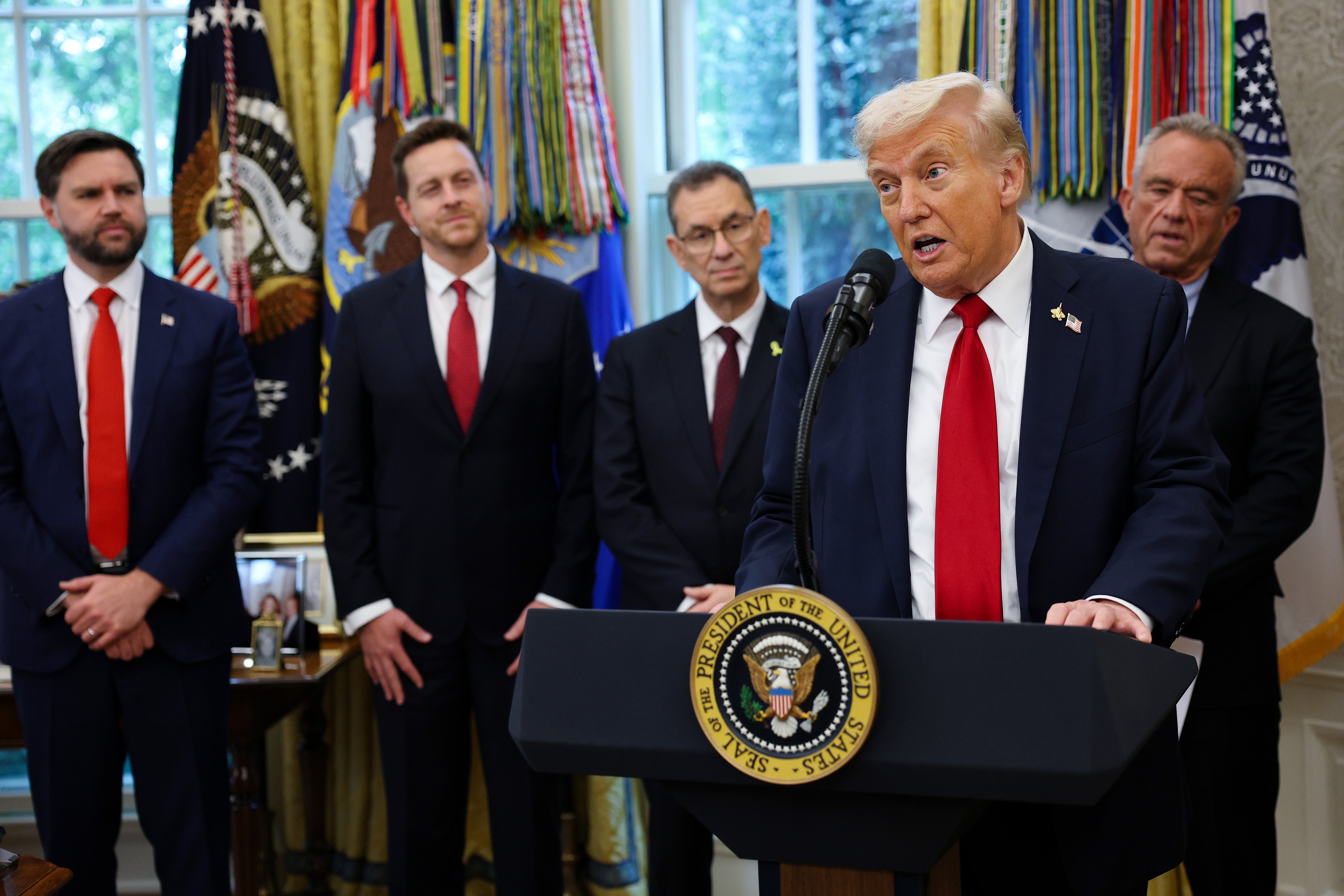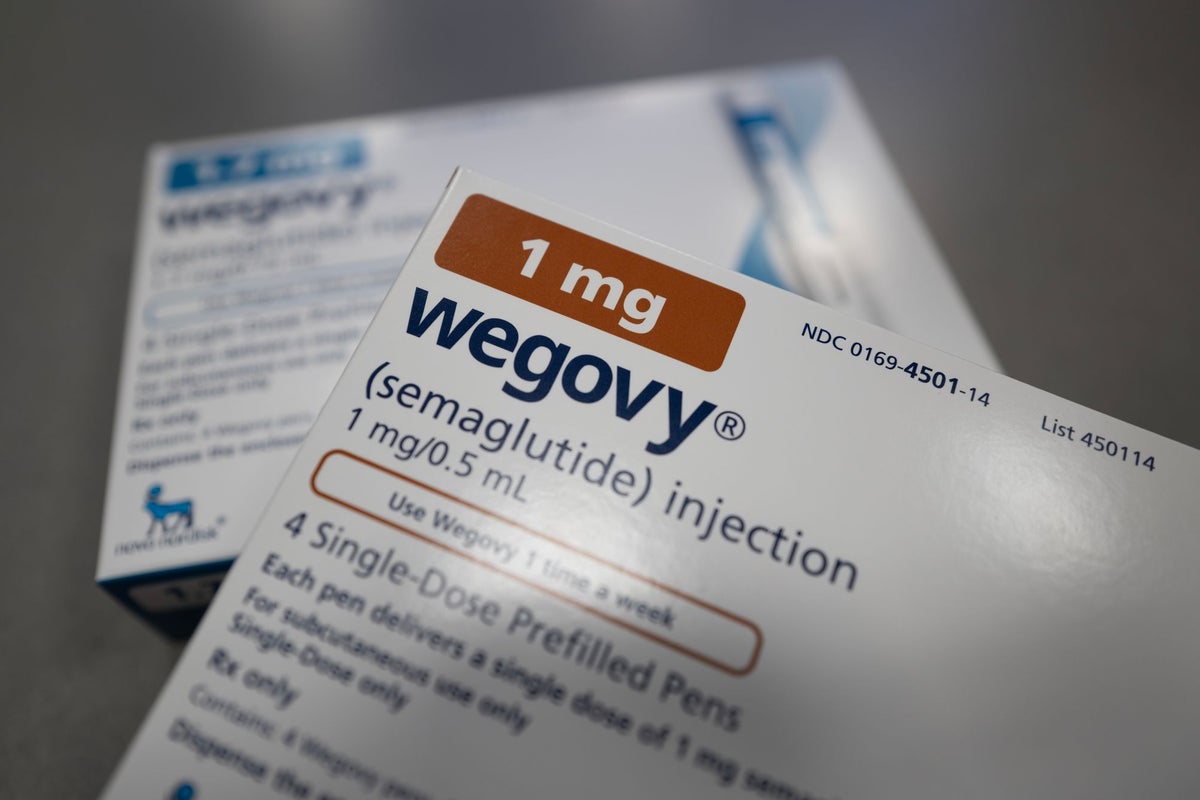Your support helps us to tell the story
From reproductive rights to climate change to Big Tech, The Independent is on the ground when the story is developing. Whether it’s investigating the financials of Elon Musk’s pro-Trump PAC or producing our latest documentary, ‘The A Word’, which shines a light on the American women fighting for reproductive rights, we know how important it is to parse out the facts from the messaging.
At such a critical moment in US history, we need reporters on the ground. Your donation allows us to keep sending journalists to speak to both sides of the story.
The Independent is trusted by Americans across the entire political spectrum. And unlike many other quality news outlets, we choose not to lock Americans out of our reporting and analysis with paywalls. We believe quality journalism should be available to everyone, paid for by those who can afford it.
Your support makes all the difference.Read more
President Donald Trump is reportedly nearing the end of negotiations with drugmakers Eli Lilly and Novo Nordisk to offer the lowest dose of their popular obesity drugs for $149 per month in exchange for Medicare coverage for weight loss.
Preliminary details of the deal, reported by EndPoints News, indicate that Novo Nordisk, the maker of GLP-1s Ozempic and Wegovy, could offer the lowest dose of Wegovy through TrumpRx for as little as $149. In exchange, the government would extend Medicare coverage for Wegovy for weight loss purposes.
Eli Lilly, the maker of Zepbound, could similarly offer a starting dose of the drug for $299 – $50 less than the current direct-to-consumer price – and Medicare would cover it for weight loss.
Ozempic, which Medicare and Medicaid cover for diabetes, could also be offered on TrumpRx, the planned government website that will sell prescriptions directly to consumers for a discounted rate.
The potential deal, which could be finalized as soon as this week, according to the Wall Street Journal and Washington Post, is part of Trump’s efforts to lower drug prices for people in the U.S.

open image in gallery
Popular weight loss medications such as Wegovy, Ozempic and Zepbound could be offered for as little as $149 per month under new preliminary agreement (Getty Images)
White House spokesperson Kush Desai said in a statement, “Discussion about deals that have not been officially announced by the Administration should be regarded as speculation.”
White House Press Secretary Karoline Leavitt said during her press briefing Tuesday that she wouldn’t “get ahead” of any future announcements but emphasized the president is “committed to bringing down the price of drugs.”
Part of the anticipated deal also includes Eli Lilly obtaining a voucher from the Food and Drug Administration that would expedite review of its weight-loss pill, Orforglipron – which is currently undergoing testing, with the drug maker offering it on TrumpRx once it’s approved.
Millions of Americans utilize weight-loss drugs, with recent health surveys suggesting 12 percent of adults have used GLP-1s at some point.
People in the United States pay three times more for prescription medications than other countries in the Organization for Economic Cooperation and Development pay. That is, in part, because the government does not regulate price control, and its complicated price negotiation process gives drug makers the right to set prices.

open image in gallery
In May, Trump said he would begin negotiating with drug makers to obtain favorable prices for prescription medications (Getty)
Trump has signed a series of executive orders aiming to reduce drug costs for people in the U.S. through his “most favored nation” policy, which intends to lower prices by 59 percent or more. He has also threatened 100 percent tariffs on pharmaceutical companies unless they build a manufacturing plant in the U.S.
In July, Trump announced deals with drug makers Pfizer, AstraZeneca and EMD Serono to make their products available on TrumpRx and invest billions into the U.S. for research and development.
The Biden administration initially proposed a rule in November 2024 in an attempt to allow Medicare and Medicaid to cover weight-loss drugs, but the Trump administration rejected the proposal.
A spokesperson for Eli Lilly told WSJ the company was “in discussion” with the administration to expand patient access, preserve innovation and promote affordability.
A spokeswoman for Novo Nordisk similarly said the company was “engaged in constructive discussions with the Administration” to make drugs more affordable.

